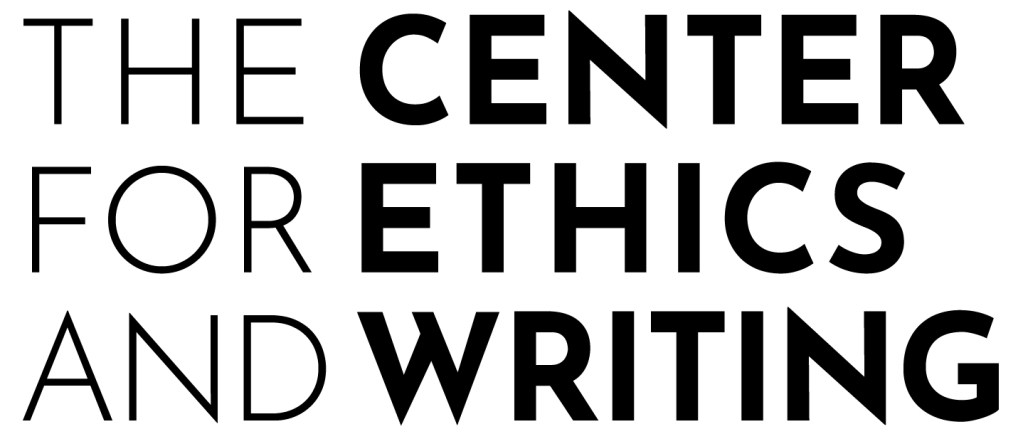“Developing a curricular model that reimagines how the study of writing and literature are taught.”

Of the many urgent issues that have arisen in the past year, few are as difficult to address as the deterioration of a civic dialogue, the growing intolerance of opposing viewpoints, and the ever-widening gap in our cultural and political discourse and the role technology has played in both mitigating and expanding those divisions. Issues of access to higher education stand alongside the growing demand for a more just and equitable society and culture, while enrollment in humanities-based courses that prioritize critical thinking and the central role language and narratives have on our cultural and political discourse has continued to decrease.
For the past four years, the Written Arts Program at Bard College has worked on developing a curricular model that reimagines how the study of writing and literature are taught. This approach differs from the majority of institutions, where the teaching of writing is centered around a craft-based model. In this model, students learn to write through close readings of literary texts that serve as models for their own work, work that is discussed in writing workshops where a narrative or poem is critiqued according to the aesthetic models students have learned.
There are numerous unintended consequences of this approach. As a singular pedagogical model for teaching writing cements its position in classrooms across the country, the possibilities of what and how we read and which stories can and can’t be told have grown increasingly narrow. That narrowing of possibilities limits not only how students and faculty understand the role of writing in the college curriculum, but also in many cases which students enter these classrooms and the kinds of discourse possible inside of them.
Through the Center for Ethics and Writing, we encourage students to consider how an ethical representation of a subject is often the most aesthetically demanding. We ask students to consider how such work requires a greater scrutiny of language, as well as an interrogation of form and of our relationship to the subject. That a text may be difficult or problematic is often the very thing that should be embraced—the very qualities that make its engagement with some of the most pressing social issues of our time not only necessary, but also ethical.

